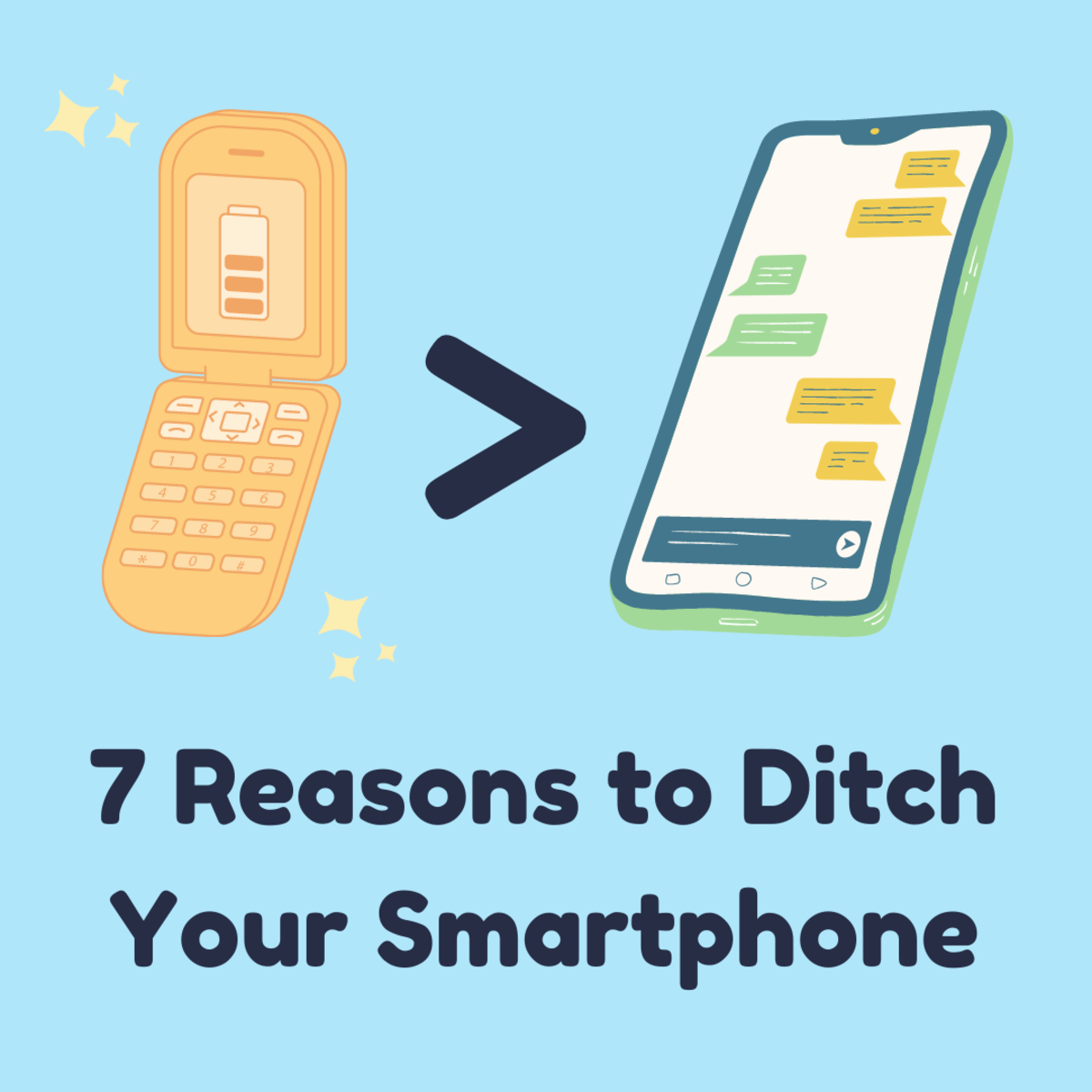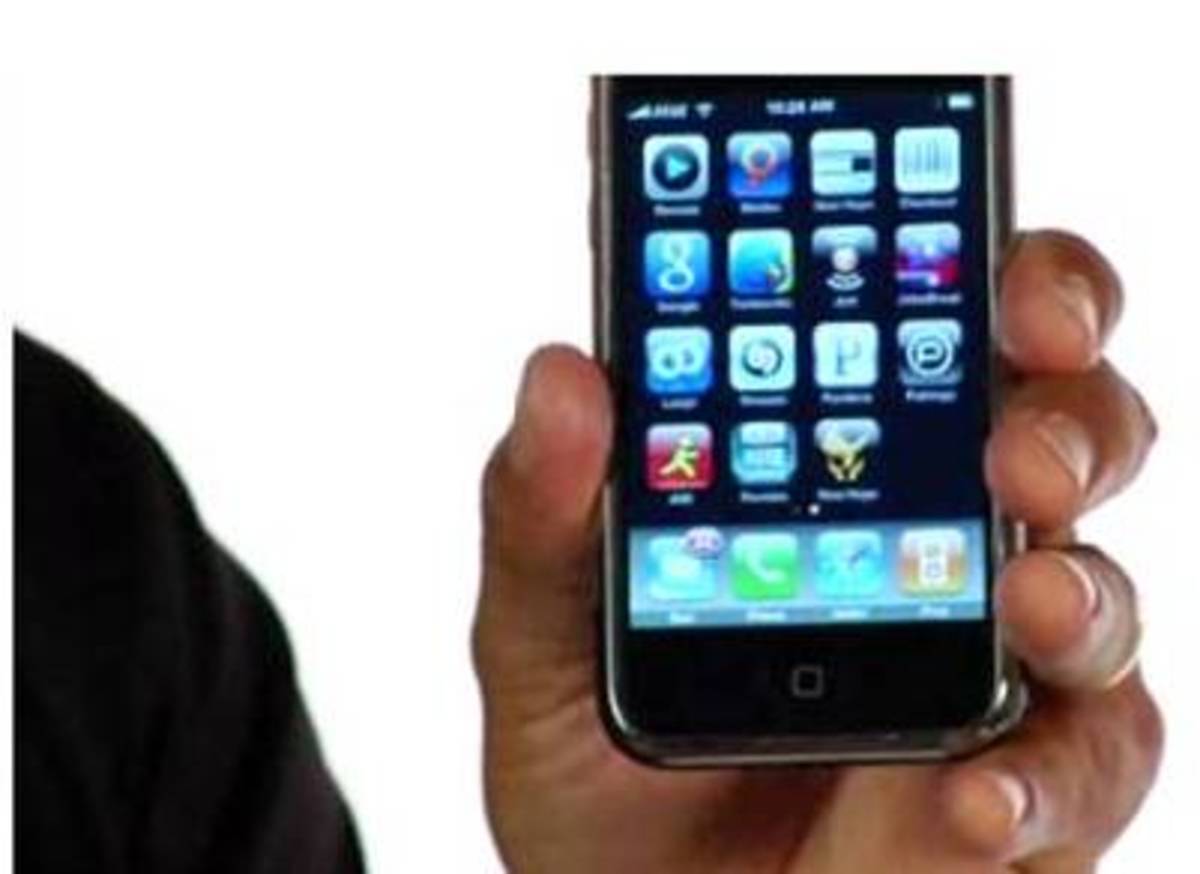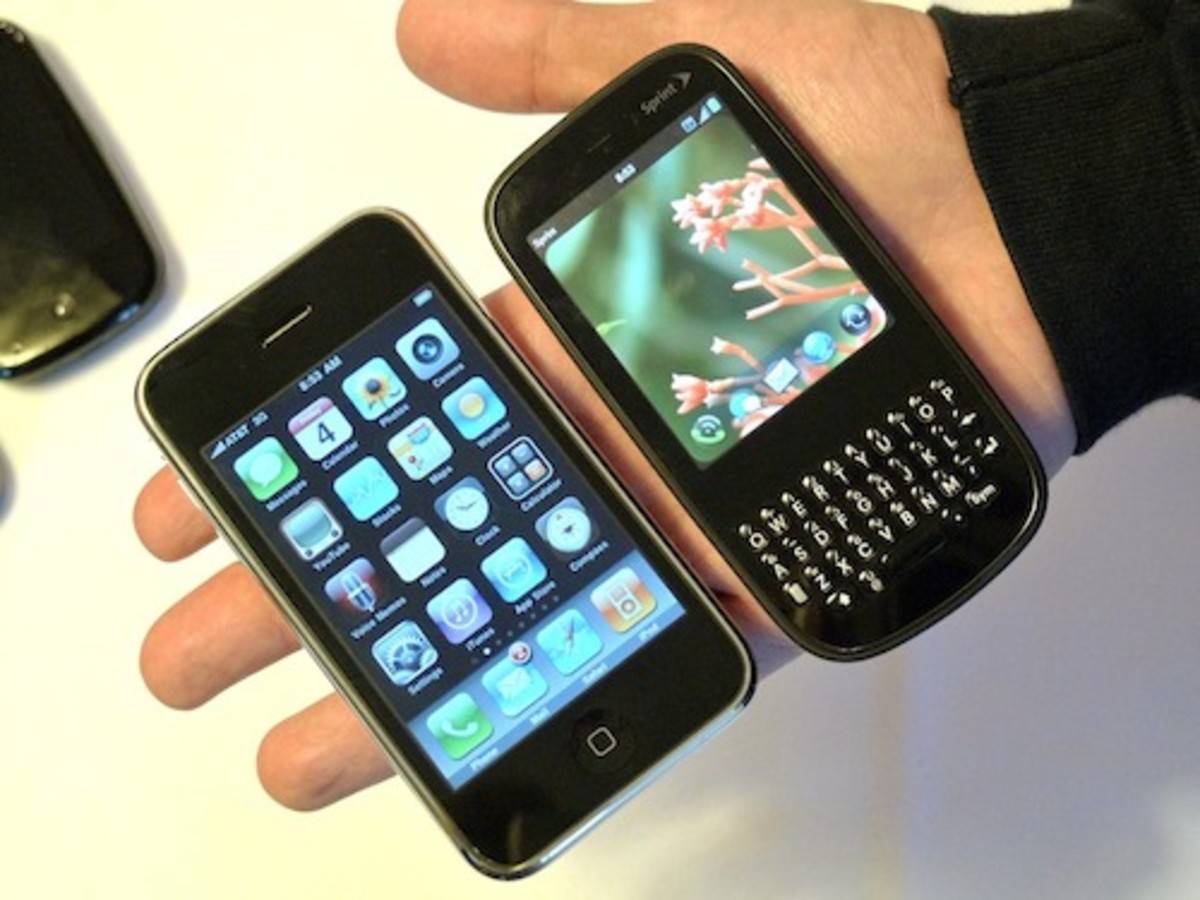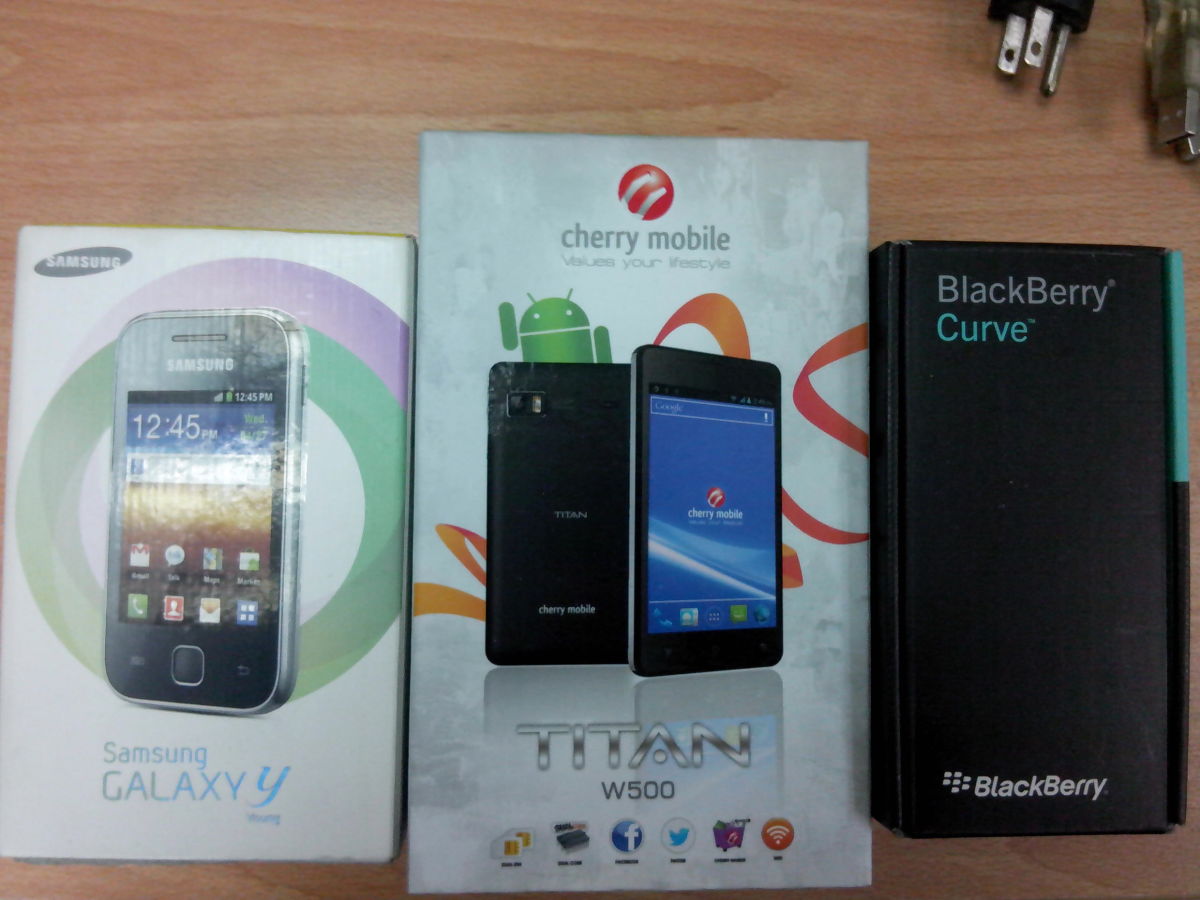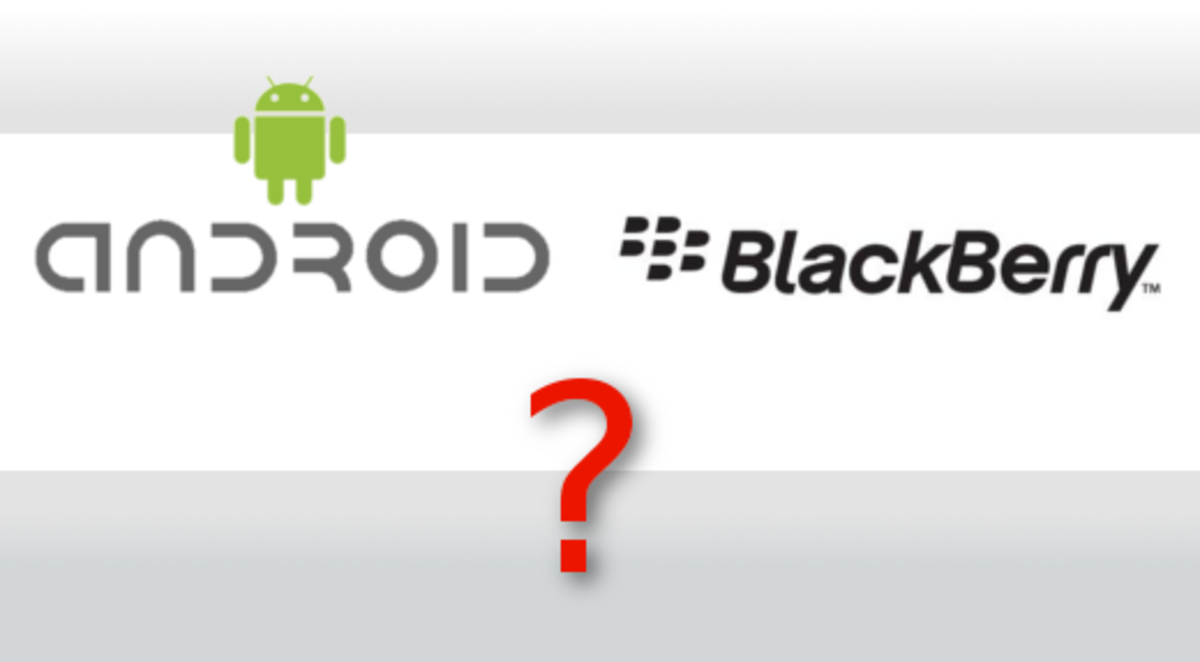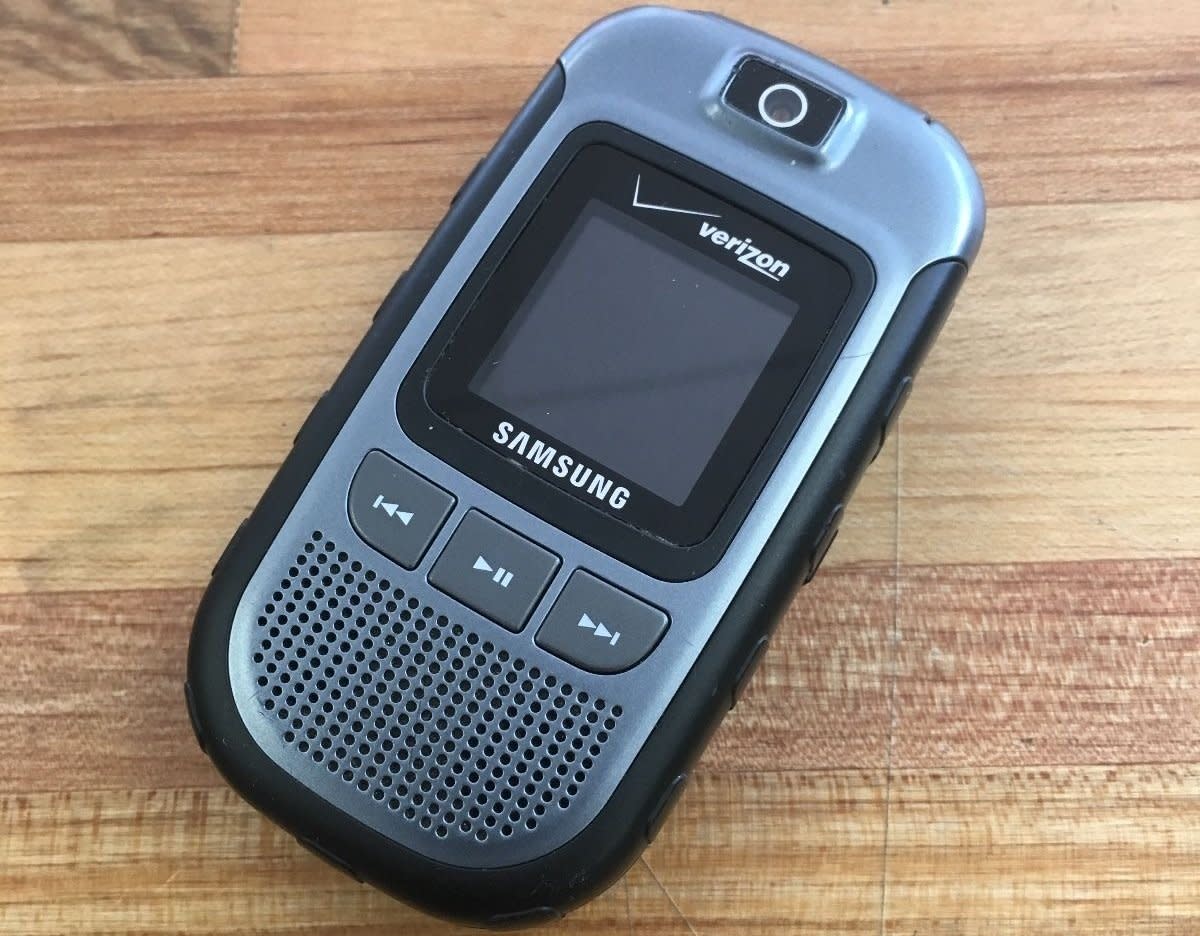Ten Reasons to Choose a Feature Phone over a Smartphone
Smart phones have become the talk of the town in mobile computing and communications with the rapid rise of Android based handsets and Apple's own iPhone. These powerhouses of technology are a must have for a lot of on the go professionals and tech savvy individuals but they may be overkill for the majority of users. This is where feature phones, their little brothers can be real contenders.
For the most part smart phones can be considered any of a number of devices running the Android, iOS, Windows Phone (WP) 7 and to a lesser extent BlackBerry operating systems. Why do I say that? Because apart from wireless data connectivity allowing access to the Internet for browsing and email oh, and of course, the ability to make calls (almost forgot) phones running these mobile operating systems also have application repositories (Play Store, App Store, Marketplace and App World respectively) that allow users to extensively expand the functionality of their smartphone and uniquely transform their experience with the device.
Feature phones to some extent allow this capability but the customization is not as rich and users generally have more or less a fixed and comparatively limited extensions available. Feature phones are also less equipped, from a performance perspective, to run complicated apps. Still though, there is much room for feature phones to flourish.
Below are ten reasons I believe would make a feature a phone a good choice over a smartphone.
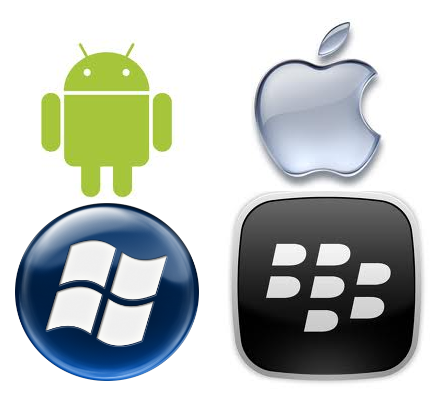
1. Feature phones cost less
One of the main reasons to consider a feature phone is it's price. Typical smart phones are available at prices upwards of US$300.00 unlocked - and this for the low end models. Feature phones on the other hand are less than half of that with the higher end models approaching similar base feature sets of low end smart phones.
2. Easier to get without a plan
Since they cost less unlocked, feature phones are more often than not, easier to get than a smartphone. Some carriers even provide these phones in a pay as you go option where you only top up minutes for what you need. There are also many options outside of carriers for obtaining feature phones through cellular handset retailers and the phones themselves and the choices are in remarkable abundance which means you most likely won't have to wait in line on them
3. Cheaper to repair or replace
In this pamphlet published by the U.S. Environmental Protection Agency average 18 months to keep a phone - and this was in 2004 when manufacturers weren't churning out bigger, better faster models of phones every three to six months to encourage us to upgrade! If we use this as a gauge it means that on average most of us will be needing a new phone around this general span after a new purchase or, at the very least the phone, will need some sort of maintenance. Smart phone repairs could range from anywhere between US$40 to $130 depending on the model and availability of parts. The parts themselves are very unique to not only the manufacturer of the smartphone but also the particular model as the designs rarely use compatible components. Feature phone repairs however are usually several orders cheaper than smart phones - typically because the components themselves are cheaper and reduced complexity of disassembling and reassembling the phone to perform the repair. Of course one may argue that a good smart phone may last much longer than a feature phone.
4. Usually are more stable
Smart phones are packed with functionality and you can download additional applications to expand the capabilities of the device even further. Sometimes the included software and those installed post purchase, tend to usurp the phone's resources and generate all sorts of weird and wonderful failures. Modern technology has greatly reduced this with more powerful processing, memory and software management techniques but the fundamental issue still remains that there can be many demands on a smart phone's resources. Feature phones have less capabilities and typically focus on some core functionality. By focusing in this way, manufacturing and software development for a feature phone can be tuned to give a more consistent experience for the user.
5. Calls can be better
Closely related to 4. above is the fact that a phone call uses the same resources of the phone (processor and memory). If there's a lot of processes competing for these resources then there's a greater likely hood that the call quality and experience - making, receiving and participating on calls- can be impacted.
6. May still have keys
This may not be seen as an advantage for some but sometimes I want to dial a number that I know without necessarily looking at the keys. Some feature phones still have actual physical keys for the number pad so you can feel the keys as you type. If there's a full keyboard this also allows stealth typing as well :)
7. Longer battery life
Powering the large screens that typically adorn today's smart phones is a battery draining chore. Feature phones have smaller screens which cause less battery drain. Additionally, smart phones tend to have background applications that place additional requirements on the phone's power source even when the its 'sleeping'. Feature phones, much less so. Indeed you may be able to go days without charging a feature phone with typical use. With smart phones you can barely survive 8 hours normal use.
8. Shorter charge time
Smart phones needfully have larger batteries for the reasons highlighted in 7. Larger batteries mean larger charging times which means a longer wait when you've exhausted your battery before it becomes fully charge - you really don't want to shove off with a smart phone that's partially charged! Again feature phones have the advantage because they can be charged relatively quickly to get you back on the go again. Small charge time coupled with longer battery life can be quite a benefit to someone very much on the go.
9. More portable
Some smart phone screen sizes have gotten downright enormous! Of course a large screen means a larger phone to put in a pocket, purse or hold in your hand. It also, to some extent, makes the phone more difficult to maneuver and operate especially if you have only one hand free. Most feature phones don't suffer from this because keeping prices low means the screen sizes aren't going to be as lavish making them more friendly for the tote conscious.
10. Easier to use
Feature phones have relatively limited options in comparison to there big brother smart phone counterparts. Less choices translates to less stress in trying to bend your phone to your will because playing around with the device will eventually get you to the option you need to modify. Smart phones on the other hand have many options that can be tweaked and quite a few can be accessed from different areas within the interface. It's not uncommon for a not so savvy smartphone user to find themselves unable to modify a feature they find annoying - I know because I've assisted some of them :)
It's your choice
In many ways feature phones can be an advantage over the smart phones of today and it may be very worthwhile to consider your options when next you need to get a mobile. An added fact is that the line between smart phones and feature phones is becoming more and more blurred everyday with the Android OS spearheading this revolution.
I suggest you weigh the pros and cons carefully and, if you find yourself agreeing with many of the points listed here, then you may very well be quite satisfied with a feature phone, despite the deluge of advertising that may suggest otherwise.

